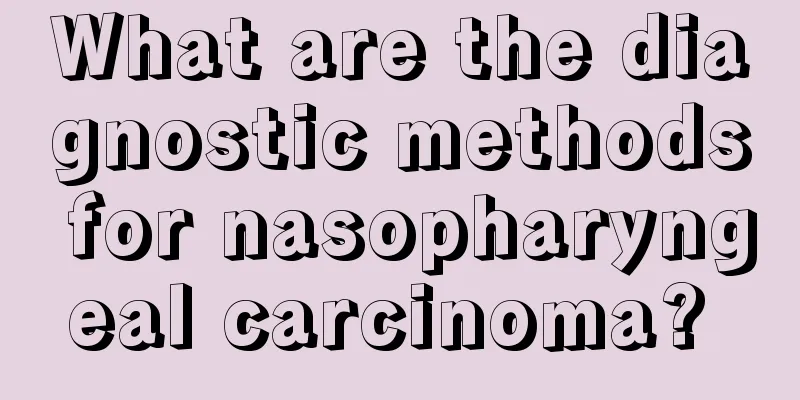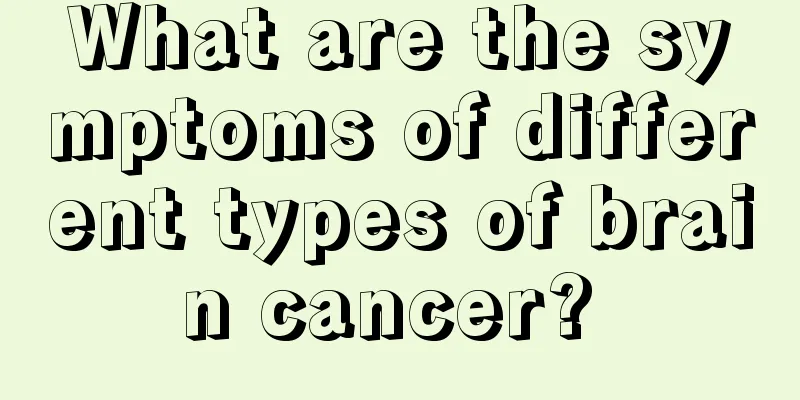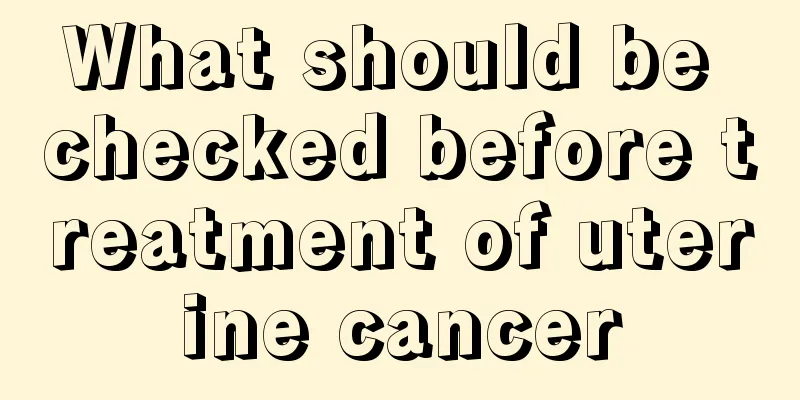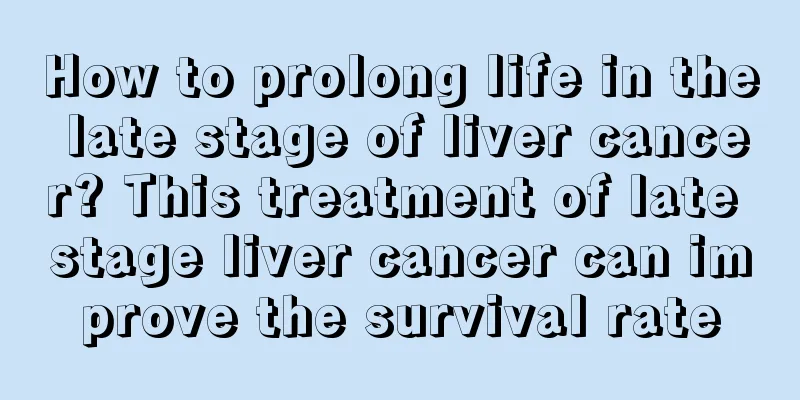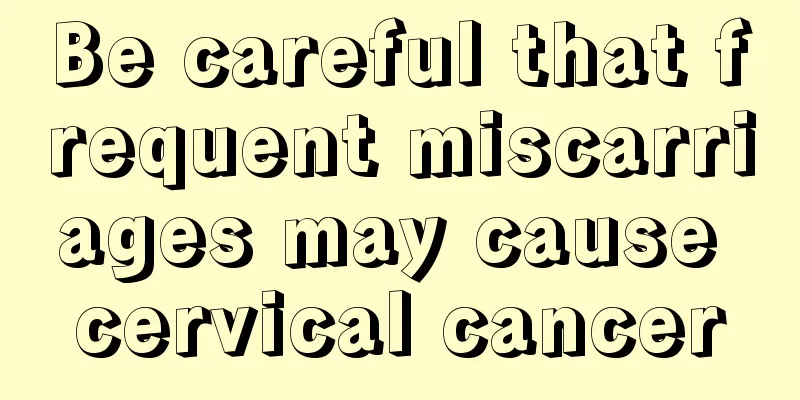What are the best ways to treat hyperthyroidism
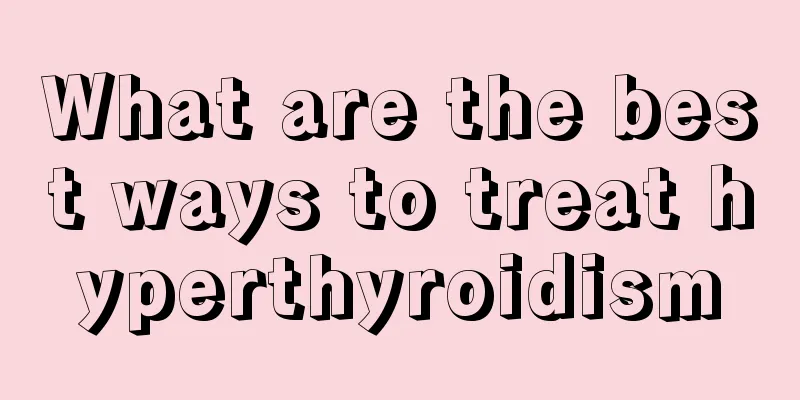
|
Hyperthyroidism is very harmful to human health. It is necessary to detect and treat it in time to ensure the best treatment effect. There are many treatments for hyperthyroidism. The most common one is taking drugs that inhibit the production of thyroid hormones. The more common drugs are radioactive iodine 131. For patients with more serious symptoms, surgery can be used for treatment, and chronic patients can also be treated with traditional Chinese medicine. 1. Drug treatment that inhibits thyroid hormone production This therapy is the most widely used and is effective for most patients. Conventional treatment can achieve long-term remission in 40% to 60% of patients, but the relapse rate is high after discontinuation of medication. 2. Radioactive iodine 131 therapy The therapeutic effect is achieved by utilizing the iodine accumulation function of the thyroid gland and the B-rays of radioactive iodine to destroy the alveolar epithelial cells, thereby reducing the production and secretion of thyroid hormones and the production of antibodies by intrathyroidal lymphocytes. However, while destroying the diseased thyroid tissue, it also has a high radiation effect on the normal tissues of the human body. More than 70% of patients will develop lifelong hypothyroidism and need to take thyroid hormones for a long time. The effect is not obvious after taking more than 20%, and it needs to be taken multiple times, which is troublesome. 3. Surgical treatment Use a scalpel to remove part or all of the patient's thyroid tissue in the neck to temporarily remove the diseased tissue. However, it is easy to cause a variety of complications: 1. Wound bleeding; 2. Wound infection; 3. Insufficient preoperative preparation may induce crisis during or after surgery; 4. Damage to the superior laryngeal and recurrent laryngeal nerves may cause hoarseness; 5. Parathyroid injury may cause temporary or permanent hypoparathyroidism; 6. Postoperative hypothyroidism, with an incidence rate of 10%~15%; 7. Recurrence of hyperthyroidism after surgery; 8. Exophthalmos may worsen. 4. Traditional Chinese Medicine Treatment Traditional Chinese medicine adopts a combination of symptomatic treatment and overall regulation in the diagnosis and treatment of hyperthyroidism. A special feature of traditional Chinese medicine in the diagnosis and treatment of hyperthyroidism is the unity of symptomatic treatment and overall regulation. It not only pays attention to providing corresponding symptomatic treatment for local lesions, but also pays attention to overall regulation treatment. It is not easy to relapse and the therapeutic effect is significant. What are some good treatments for hyperthyroidism? The above is a detailed description of the relevant content, and everyone has some understanding of it. Therefore, choosing the right treatment is the key to recovery. We would also like to remind all patients not to seek medical treatment rashly when they are ill, and to always choose a regular hospital for treatment. |
<<: What are the symptoms of gastric bleeding?
>>: What are the precautions for bladder examination?
Recommend
What are the causes of bladder cancer?
The causes of bladder cancer are very complex and...
Drugs that reduce glutamyl transpeptidase
Generally speaking, if the body has high glutamyl...
The harm of computers to human body
With the rapid development of science and technol...
How to do a good job in the prevention and health care of uterine tumors?
The cause of uterine tumors is still unclear, but...
What are the folk remedies for treating uremia?
The cause of uremia is generally related to the k...
What are the self-examination methods for the early symptoms of uremia?
As we all know, uremia is very harmful to human h...
What are the prevention methods for glioma
Gliomas not only have a high incidence rate, but ...
What to do if you get angry in winter, what to eat
It is very common to get a sore throat in winter....
How to check and accurately judge internal hemorrhoids
Internal hemorrhoids is a disease in traditional ...
Tips for staying up all night without feeling sleepy, dedicated to overtime workers
If you want to stay up all night without feeling ...
The benefits that trees bring to mankind
Trees are common things around us. Many people ju...
What are the symptoms of rheumatic fever?
Rheumatic arthralgia is a very common rheumatic d...
What are the indications for percutaneous interventional treatment of lung cancer? Pay attention to these points
Percutaneous interventional treatment is suitable...
What causes stomach acid?
Gastric acid is a secretion from the stomach. Exc...
What are the symptoms of intestinal spasm in adults
Intestinal spasm, also known as intestinal cramps...

